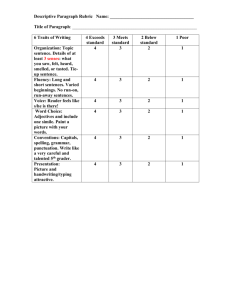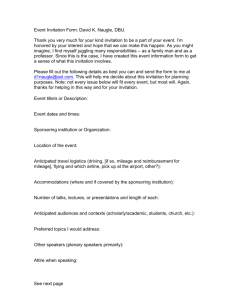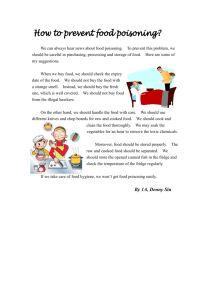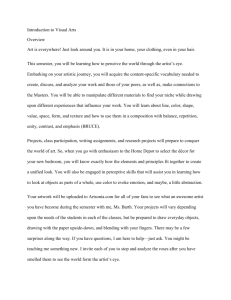commas in series
advertisement
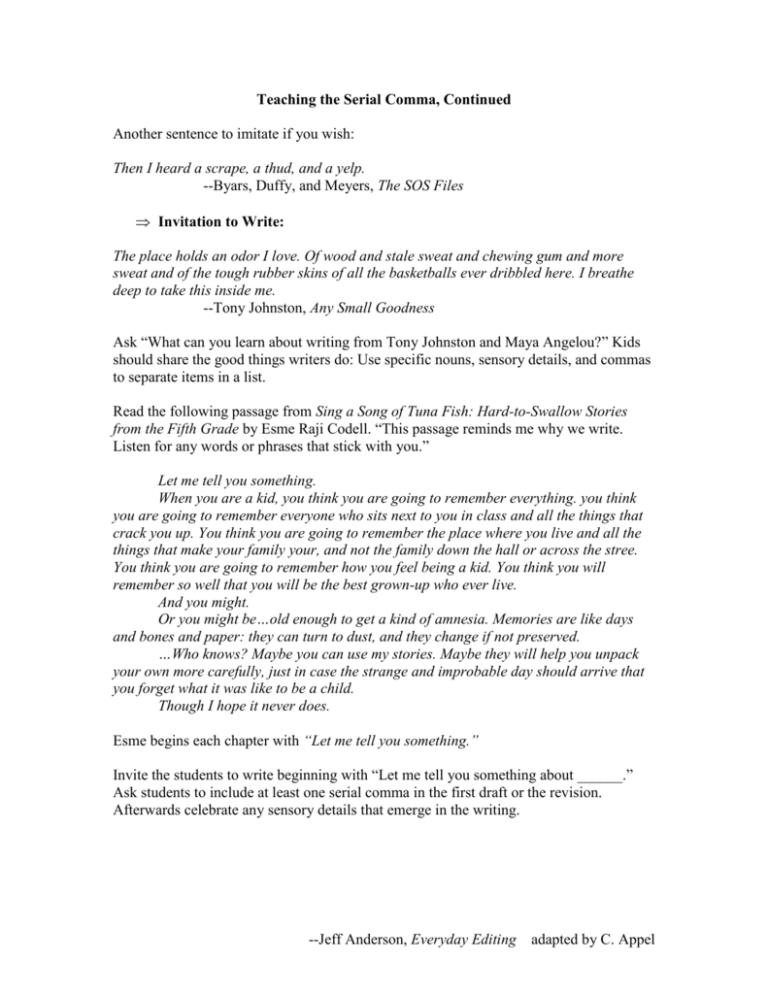
Teaching the Serial Comma, Continued Another sentence to imitate if you wish: Then I heard a scrape, a thud, and a yelp. --Byars, Duffy, and Meyers, The SOS Files Invitation to Write: The place holds an odor I love. Of wood and stale sweat and chewing gum and more sweat and of the tough rubber skins of all the basketballs ever dribbled here. I breathe deep to take this inside me. --Tony Johnston, Any Small Goodness Ask “What can you learn about writing from Tony Johnston and Maya Angelou?” Kids should share the good things writers do: Use specific nouns, sensory details, and commas to separate items in a list. Read the following passage from Sing a Song of Tuna Fish: Hard-to-Swallow Stories from the Fifth Grade by Esme Raji Codell. “This passage reminds me why we write. Listen for any words or phrases that stick with you.” Let me tell you something. When you are a kid, you think you are going to remember everything. you think you are going to remember everyone who sits next to you in class and all the things that crack you up. You think you are going to remember the place where you live and all the things that make your family your, and not the family down the hall or across the stree. You think you are going to remember how you feel being a kid. You think you will remember so well that you will be the best grown-up who ever live. And you might. Or you might be…old enough to get a kind of amnesia. Memories are like days and bones and paper: they can turn to dust, and they change if not preserved. …Who knows? Maybe you can use my stories. Maybe they will help you unpack your own more carefully, just in case the strange and improbable day should arrive that you forget what it was like to be a child. Though I hope it never does. Esme begins each chapter with “Let me tell you something.” Invite the students to write beginning with “Let me tell you something about ______.” Ask students to include at least one serial comma in the first draft or the revision. Afterwards celebrate any sensory details that emerge in the writing. --Jeff Anderson, Everyday Editing adapted by C. Appel Invitation to Revise: Look at the piece just written and put an asterisk beside any place that could use more detail: specific words that stick with the reader or sensory details like smells. (If kids say they have nothing to add, remind them this is an exercise. They will try it but they don’t have to use it if they don’t like it.) After everyone has made an asterisk, kids close their eyes and think about the place or person they are describing. Students open their eyes and list at least three of the things they pictured, smelled, or remembered. If they still haven’t found a spot to revise, they make an asterisk over their first lead sentence. Share and celebrate the revisions. Invitation to combine: In small groups, combine the following three sentences and then compare it to the mentor text. I have hair the color of carrots in an apricot glaze. My skin is fair and clear where it isn’t freckled. My eyes are like summer storms. I have hair the color of carrots in an apricot glaze, skin fair and clear where it isn’t freckled, and eyes like summer storms. --Polly Horvath, Everything on a Waffle Students compare their combined sentences with other groups and with the original. You can create your own exercises like this by uncombining a sentence with serial commas. Invitation to edit: Show a sentence that models craft and the pattern of study, such as serial commas. Students notice all the sentence has to offer. One by one, uncover each changed sentence so that only one sentence at a time is in view. Students mentally compare and contrast each version and hypothesize reasons for the choices the writer made in his or her original sentence. (Students really like this activity and you will be doing a version of this with most of the lessons.) --Jeff Anderson, Everyday Editing adapted by C. Appel His room smelled of cooked grease, Lysol, and age. --Maya Angelou, I Know Why the Caged Bird Sings His room smelled of cooked grease Lysol, and age. His room smelled. His room smelled of cooked grease, lysol, and age. His room smelled off cooked grease, Lysol, and age. --Jeff Anderson, Everyday Editing adapted by C. Appel


